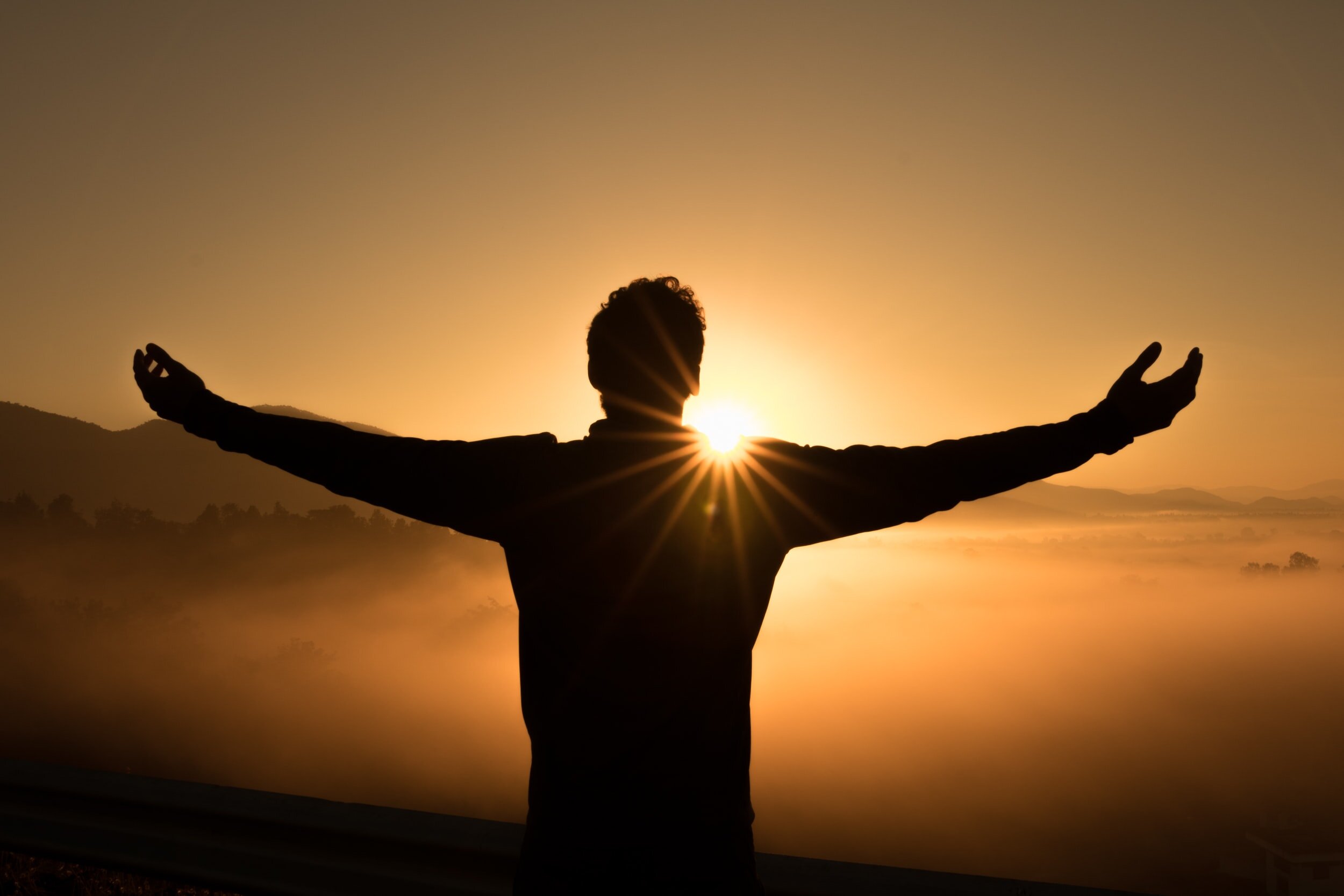Empowering yourself with the clarity and insight within through meditation and mindfulness
By Sonal Kalra
This is an excerpt from a post initially published on Sonal’s blog.
In 1994, I was in the second year of my bachelor’s degree in psychology. The psychology department had organized its annual seminar which was a great learning experience for all of us attending it. The sessions were well thought-out and engaging. In one of the sessions, there was a line uttered which I remember very clearly even today. The session was led by an eminent psychiatrist and he started his talk by saying –
“If you want, your mind is your best friend and if you want, your mind is your worst enemy.”
The words made an impression in my mind even though at that stage in my life, I could not fully absorb them. During the following years, as I completed my bachelor’s degree, master’s degrees, started working in the corporate world, continued studying within programs as well as on my own and lastly and most important, learned from life itself, I started understanding and practicing living these words.
It is still a practice as we are all human and it’s of value to be kind with ourselves. It’s an eternal journey and as Abraham-Hicks have said, “even for people who feel ecstasy on a rather regular basis, there is more”. There is always more growth to look forward to, more to grow into for each one of us wherever we are in our unique and beautiful journeys.
The good news is that as one goes along allowing in one’s journey, one continues to connect to the insight and clarity within. It’s an eternal journey on which the easier it gets, the easier it gets.
There are tools, techniques and processes which can help in one’s journey in order to empower oneself and feel free, predominantly and consistently. One of these techniques, an easy and effective technique, is meditation.
“Meditation is like a gym in which you develop the powerful mental muscles of calm and insight.”
In an article by Ryan Smith, in the Harvard Business Review titled – “How CEOs can support employee heath in a crisis”, the statistics were on the lines of what many of us have been feeling about the way this crisis is affecting the world.
Since the outbreak of the pandemic, 75% of people say they feel more socially isolated, 67% of people report higher stress, 57% are feeling greater anxiety, and 53% say they feel more emotionally exhausted, according to a global study of over 2,700 employees across more than 10 industries undertaken by Qualtrics and SAP during March and April 2020. There is a clear asking for more well-being.
In addition to this, the changing markets and consumer demands over a period of time have been leading to companies asking for more agility and innovation.
Even if one looks at the world in its entirety, there is a lot which is being asked for with regard to well-being. According to WHO in May 2019, globally, an estimated 264 million people suffer from depression, one of the leading causes of disability, with many of these people also suffering from symptoms of anxiety. A recent WHO-led study estimates that depression and anxiety disorders cost the global economy US$ 1 trillion each year in lost productivity. Close to 800 000 people die due to suicide every year, which is one person every 40 seconds. There are indications that for each adult who died by suicide there may have been more than 20 others attempting suicide.
At a time like this, there are answers which can be implemented (and to an extent, are being implemented). One of the answers, the ancient technique of meditation is probably more important to the world in modern times than it was when it took birth or was realized.
Studies have shown the benefits of meditation leading to better decision making, increased productivity, more capacity for happiness and less propensity for negativity. According to the American Psychological Association (APA), some of the most empirically proven positive benefits of mindfulness meditation include reduced stress, improved memory, better focus and greater emotional control. These make the ROI on meditation extremely high.
According to an article in the Harvard Business Review in 2018, ongoing research has suggested that a regular meditation practice can help by changing how the brain responds to stress and anxiety.
Researchers from Johns Hopkins University in Baltimore, MD sifted through nearly 19,000 meditation studies and their findings, published in JAMA Internal Medicine, suggest that mindful meditation can help ease psychological stresses like anxiety, depression, and pain. One of her studies, Dr. Elizabeth Hoge, a psychiatrist at the Center for Anxiety and Traumatic Stress at Massachusetts General Hospital and an assistant professor of psychiatry at Harvard Medical School found that a mindfulness-based stress reduction program helped quell anxiety symptoms in people with generalized anxiety disorder, a condition marked by hard-to-control worries, poor sleep, and irritability.
It’s the value that meditation allows which is making people turn to meditation for nurturing their well-being. In an article in the Business Insider titled, “5 successful business leaders that have used meditation to improve productivity, creativity, and business acumen” CEOs like Jeff Weiner of Linkedin, Marc Benioff founder of SalesForce, Bill Ford executive chairman of Ford and Ray Dalio, founder of Bridgewater Associates speak about how meditation has been helpful.
Among others who believe in meditation are Bob Stiller, founder of Green Mountain Coffee, Andrew Cherng, founder Panda Express and Russell Simons, founder of Def Jam Records. Companies like Apple, Google, Nike, Aetna, Bosch, Goldman Sachs, Intel, Target, Linkedin, Twitter and SAP are among the many who have implemented meditation.
According to an extensive study by the National Center for Complementary and Integrative Health and the Centers for Disease Control and Prevention’s National Center for Health Statistics (NCHS), more than 18 million Americans practice meditation on a daily basis.
In recent years, surveys have been conducted to find out how many people meditate globally. Though there are no reliable results, rough estimates range from 200 million to 500 millions globally.
Since meditation honors the unique and beautiful being that each individual is, it is extremely self-empowering. It’s like the old saying attributed to Confucius which goes something like, “Give a man a fish, and you’ll feed him for a day. Teach a man to fish, and you’ve fed him for a lifetime.” If you advise or give an answer to someone, it will be a temporary solution as compared to teaching the principles or the tools for ascertaining his own unique solutions.
Meditation is the tool or technique which allows the latter by allowing the connection to the insight within. It allows one to make friends with one’s own mind, one’s own clarity, one’s own strength.
Join Sonal for an online meditation class at WITHIN this week - sign up here!

